Project Overview
Reclaiming an entire city block—house by restored house—is not easy work in West Baltimore, or anywhere else. But that’s exactly what Black Women Build – Baltimore has set out to do, using a combination of homeownership and construction skills-building as a platform for transformation that centers Black women. Working in neighborhoods that have suffered from a history of racial exclusion, the organization recruits Black women to rebuild homes that they then acquire as a literal foundation for financial success. At the same time, by restoring homes in clusters with cohorts of women who learn marketable construction trades, the project connects personal growth and urban-scale impact. “It’s construction with an ethos around community,” explained Shelley Halstead, the group’s founder and executive director. “You have that physical foundation of the house, and then you’re building the foundation of community with women who have worked together side-by-side.” In addition, the effort addresses a nationwide shortage of construction workers, making it ideal anywhere there are pockets of distressed housing and a dire need for jobs. The result is a multidimensional strategy that advances economic and social justice while giving Black women tools to thrive.
Five Questions
Learn more about this project
Meet our other 2021 awardees
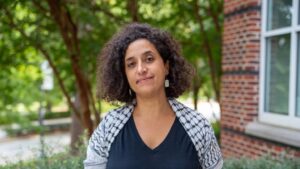
North Carolina (Operating nationwide)
Every Campus A Refuge leverages the sizable resources of colleges and universities to provide a stronger, more dignified landing for refugees.
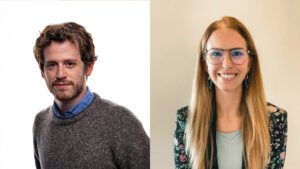
Daniel Bögre Udell &Kristen Tcherneshoff
New York (Operating globally)
Wikitongues safeguards threatened heritage languages by giving people resources to document, teach, and promote culture-sustaining mother tongues.
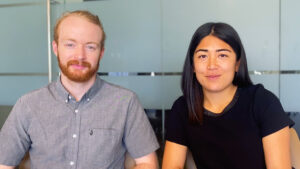
District of Columbia (Operating nationwide)
Cambium Carbon upcycles fallen urban trees, growing green jobs while building equitable cities and mitigating climate change at scale.
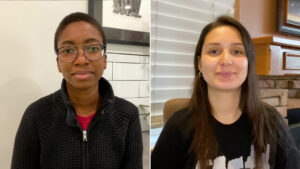
Esperanza Dillard &Talila "TL" Lewis
Nationwide
HEARD’s trauma-informed reentry program provides healing, empathy, and justice for deaf/disabled people who have been harmed by the carceral system.
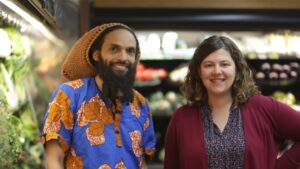
Ohio
Co-op Dayton builds community- and worker-owned cooperatives that center Black workers, expand democratic participation, and renew long-neglected neighborhoods.
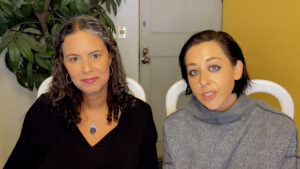
Ariel Koren &Fernanda de Oliveira Silva
California (Operating globally)
Respond provides trauma-informed, life-critical translation and interpretation services to asylum seekers and anyone needing language support in contexts of crisis.
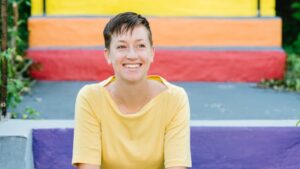
Wisconsin (Operating nationwide)
Driven by a reparations ethic, Nuns & Nones collaborates with Catholic sisters to invest their land and assets in regenerative land stewardship.
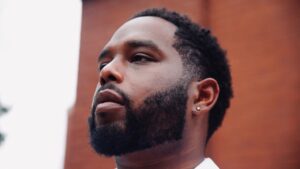
Missouri
The Black-led Freedom Community Center holistically integrates restorative justice with personal healing and broad-based advocacy to transform communities.
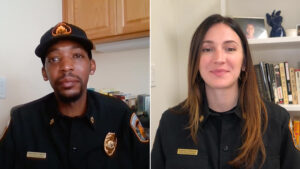
Forestry and Fire Recruitment Program
California
A promising California model builds a pipeline of needed wildland firefighters by forging career pathways for individuals formerly incarcerated in “Fire Camps.”

 Learn More
Learn More